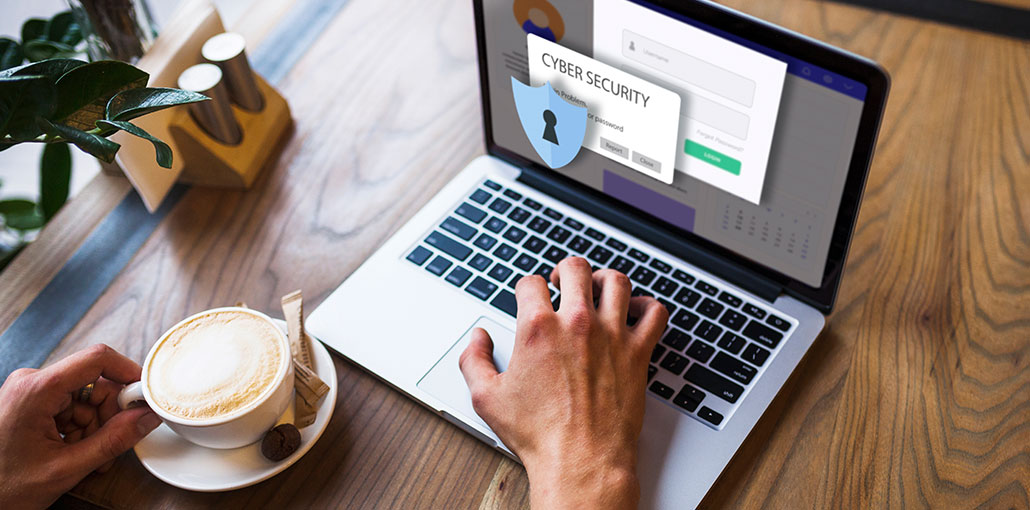As technology advances, it’s imperative to protect ourselves online. We hear about hackers all the time. Identity theft has become more common than ever, and no one wants to face such a situation. Criminals might hack you and use your personal data for different purposes, and their main ambition is to make transactions or even file taxes on your behalf.
There are ways to notice this with enough time to take action, such as keeping an eye on your bank account. But identity theft protection is way more promising. You know what people say: prevention is better than cure.
Tips for Identity Theft Protection
1. Use Strong Passwords
We are way past the age of “password” passwords. Try aiming for a robust combination of numbers and letters, including capital ones. It’s also advisable to use special characters like a dot or comma.
Criminals have access to programs that decipher our passwords through trial and error. It’s like being faced with a suitcase that has a numeric password. You can attempt to unlock it with 0000, 0001, 0002, etc, and you would eventually guess the combination. That’s why you want your passwords to be as difficult as possible!
Also read: 10 Ways of Encryption Key Management and Data Security
2. Look for Encryption
Encryption converses your data from a readable format into an encoded one, meaning data can only be read after being decrypted. Some apps like WhatsApp are end-to-end encrypted – only the device you’re sending the texts or images to can see them. If someone were to intercept the data, they would see an encoded message.
Some software can help you encrypt your information and files. And as mentioned, some applications and websites already have this feature! Make sure encryption is present in most of your online activity.
3. Install Security Suites
Security suites are software that protects your computer from viruses and other malware. Their primary elements are usually firewalls, antispam, and antivirus, and they can include parental controls and identity theft protection too.
Spokeo is one example of this type of software. It monitors your valuable information and sends you alerts if there’s any suspicious activity or fraud attempt. As mentioned before, you can manually do things like keeping an eye on your bank account. But the software will automate all the work you can’t do alone.
4. Avoid Phishing Scams
Phishing scams try to redirect you to a fraudulent website that will steal your data. Scammers try to disguise themselves as reputable sources like Amazon or Aliexpress. Then they ask you to click a link to “solve a problem with your account” or “track your order.” It’s not unreasonable, as we’re used to shopping online and having multiple online accounts.
The best practice against phishing attacks is to beware of what links you click. Do they come from a reliable source? Do they look genuine? If they’re offering you a free iPhone, it’s probably a scam. Our intuition can tell us more than you think, so keep an eye out!
5. Hide Your Personal Information
Although this recommendation might sound obvious, most people overlook hiding their personal information. It’s the most basic advice you can receive, but it’s not enough. A great first step, but there’s much more to cybersecurity. Therefore, we strongly encourage you to follow every step in this guide.
We tend to think that privacy is an effort that won’t pay off. “Companies already have my data, right? Who cares?” But it’s not about marketers but scammers. If you share too many personal details online, you stop controlling who accesses them. You’d be surprised by what a criminal can do with your address, phone number, name, and surname.
Also read: Top 10 VPNs for Internet Security
6. Enable Cookies on Your Web Browser Only When Required
You must be familiar with cookies already. They’re data collected when you search for information or visit a website. This type of data allows tracking and predicting your online movements, and it’s why you see relevant ads tailored just for you.
Marketers and algorithms don’t care who is searching but rather what they’re searching for. Nevertheless, it’s a piece of good advice to enable cookies only when required. If they’re not a must, you’re better off without them!
These are some identity theft protection crucial tips to improve your security online. There are always more ways to be safer on the Internet, but following these basic tips will give you peace of mind. And more than one hacker might get discouraged from stealing your personal data.










Leave a comment